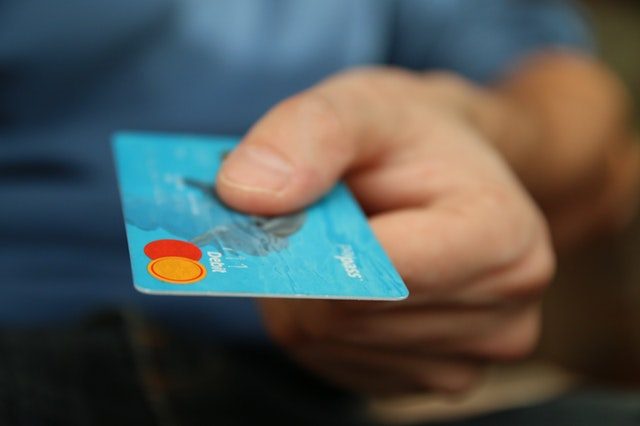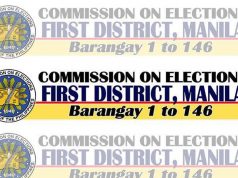
A children’s clothing brand on Monday said it is currently investigating reports of fraudulent activity in one of its stores following a consumer’s online complaint over a transaction, perceived to be “sketchy.”
Patrick Tan, chief operating officer of Gingersnaps, said that the company had received reports of such fraudulent transaction and asserted that their own staff remained compliant with standard rules and regulations.
“We would like to assure the public that we are investigating the matter and have found that our staff fully adhere to industry standard SOPs (operating procedures). Our company remains compliant to the requirements of the Department of Trade and Industry,” Tan said in a statement.
‘Sketchy’ transaction?
Tan was reacting to an online complaint which made rounds on Facebook over the weekend.
In a lengthy post on October 16, Facebook user Kaye Patinio narrated how she allegedly caught red-handed a cashier of a branch of Gingersnaps copying her card details after the receipt of her purchase was released.
“I was at Gingersnaps store and while waiting for the staff to finish my transaction, the cashier kept my card even after the receipt was released. What was more alarming is that she had a piece of paper (already sketchy) and wrote down my bank account number,” Patinio wrote.
“It was a good thing I caught her doing it and I immediately took my card from her and asked her what it was for. She said it was for their audit,” she added.
Warning to all bank card holders. 📢❗❗❗I was at Gingersnaps store and while waiting for the staff to finish my…
Posted by Kaye Patinio on Friday, October 16, 2020
When the customer confronted the cashier, she claimed that she questioned why the staff would conduct an audit using a scratch paper and claim that the machine was broken despite having made a successful transaction.
Patinio also noted that there are no rules that allows merchants to acquire a copy of the customer’s private card details such as account number.
Bank or financial card information is also considered a person’s personal or private information protected by the Philippine laws.
Patinio then warned the public against about their cards for cashless payments in business establishments.
“May this be a warning to everyone especially now that we use our cards more to avoid cash transactions. Always look at where your card is or is being brought. They should only insert your card into the machine. Ask you for your PIN and give you your receipt. Get your card back as soon as possible and if you can cover your CVV with a sticker then also do it for added protection,” she said.
Patinio’s post had since circulated across the platform more than 14,000 times and gained more than 9,100 reactions where more than half expressed empathy to her sentiments.
The Credit Card Association of the Philippines have previously warned the credit card owners of continued credit card fraud in the country.
“Credit cards provide a flexible and effortless method of payment, but this ease of use also makes it easy for fraudsters to take advantage of,” the CCAP said.
“However, you can avoid being defrauded as long as you are aware of how credit card fraud in the Philippines happens and how you can prevent it from happening to you,” it added.
Among the types of credit car fraud include phishing via fake e-mails or text messages, lost or stolen cards, card replacement scam or skimming where fraudsters can install small devices on ATM machines or credit card readers which captures and stores.
The CCAP advised the public to be vigilant with their personal and financial information and being aware of how scammers operate.
Here are some of steps to follow to avoid fraud activities, according to the CCAP:
- Every time your credit card bill arrives, thoroughly scrutinize your transactions. If you see any errors or unauthorized transactions, contact your bank immediately. The sooner you report these discrepancies bank, the faster you can stop the fraudster from using your credit card.
- Avoid giving any personal or financial information. The CCAP strongly advises against sharing your online passwords, CVV number, and your credit card account number.
- Upon receiving your card, make sure to sign your credit card to give it another layer of protection from fraud. And when your card is expired or cancelled, shred or destroy the physical card, along with documents that contain sensitive information such as bank statements or credit card bills as scammers may get your information from the garbage.









